Buying Your First Home? Here Are 5 Things You Need To Know
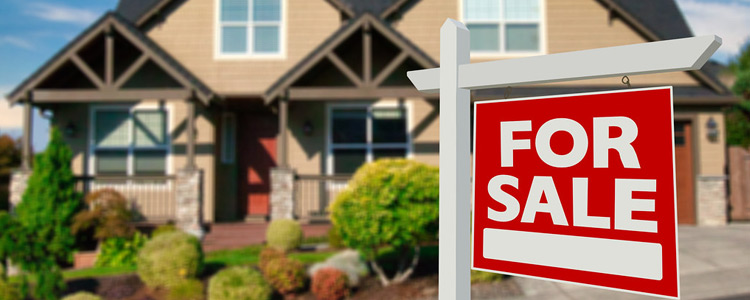
Buying your first home is an exciting time; for most, it is also a time to make the biggest purchase of your lifetime which naturally can cause some anxiety and unknowns. Whether you are buying in a big city like Vancouver or a small town like Ashcroft, here are 5 things every first-time home buyer should know.
1. First-Time Home Buyer Programs
There are several programs that are federally funded, as well as provincially that help first-time home buyers. It is important to know the different options available to you. Below is a list of programs that are buyer-friendly.
Government of Canada’s First-Time Home Buyer Incentive
If you qualify you can reduce your monthly mortgage payments and essentially share your equity with the government of Canada. In order to qualify your annual income must not exceed $120,000 and you will need to provide a 5% down payment for the home. Another eligibility requirement allows for only having a borrowing total that is 4 times the qualifying income.
First-Time Home Buyers Tax Credit
While filing your taxes the year following the purchase of your home, you can credit a $5000 non-refundable amount, and the credit will offer you up to $750. Speak with your accountant to find out if you are eligible when completing your taxes.
Home Buyer’s Plan
This allows the buyer to withdraw up to $25,000 from their RRSP, and if you are buying with a partner, you can withdraw a combined $50,000. You can then use these funds towards your purchase.
GST New Housing Rebate
If you are purchasing a new construction home, you may be eligible to get a tax rebate on a portion of the GST you paid on the new home purchase. It is important to note that the value of the home upon completion needs to be under $450,000 in order to qualify for this rebate.
BC First Time Home Buyer Program
This program can allow you to reduce any amount owing on the property land transfer upon the purchase of your first home.
Home Owner Grant
As a first-time homebuyer, you may be able to receive a grant of up to $770 to lower your amount of property taxes. The amount received is dependent on the location of your property.
2. Know Your Financial Situation
It is important to know your budget before looking for your new home, however, it is also important to note there are a plethora of expenses to consider when making a purchase as big as this one. You are no longer renting a home where having a fridge break down doesn’t affect you financially. Maybe your washing machine broke down but also caused a huge flood in the basement, which will involve major repairs that you wouldn’t be financially responsible for being a renter. Being the owner of a property means you need to be prepared for any unwanted expenses such as a fridge breakdown, flood, or needing a new roof. When creating a budget, you will want to include your monthly mortgage payment, guesstimates of utility costs, as well as extra hidden costs such as an unwanted plumbing bill or a foundation repair. There are calculators to help determine the approx costs of owning a home online.
3. Types of Homes on the Market
Before deciding on the home to purchase, it is important to know the different types of homes that are on the market. Many people see the high-rise apartment buildings and those typical single-family homes, but there are more offerings; below is a brief description of each.
Single family-Detached
A home with no common walls to be shared with another structure. You will see a single standing home on a piece of land, big or small with front, sides, and back yards. These homes can be one-floor bungalows or three-story homes, with a variety of features such as a garage, carport, and more.
Duplex
This property will have two separate dwellings which are attached either side by side or have one unit above another. Side-by-side duplexes will usually allow each family or person to have their own backyard and driveway.
Townhouse
This term is described as a group of dwellings joined by common walls. They will each have their own entrance from the outside and usually have a small outdoor living space that is their own; townhomes are usually two-three story homes.
Apartment Buildings
Buildings that offer multiple units in one building. Most dwellings will be on one floor, and everyone will have their own entrance through a common hall. Buildings can be as small as three floors or as high as 33.
Manufactured or mobile home
These are factory built and meant to be moved from one area to another. These homes will usually be placed in a rented space, located in a manufactured home park.
Related Post: The 10 Best Small Towns To Live In BC
4. Mortgage
Getting a mortgage is one of the important steps to be taken when purchasing a new home. Here you will find important information pertaining to the two basic types of mortgage loans.
Conventional mortgage
Going the conventional route will allow the buyer to borrow up to 75% of the home purchase price or the value of the appraisal, whichever is less.
High-ratio mortgage
Rather than borrowing up to 75%, a high-ratio mortgage gives the borrower an opportunity to borrow more than 75% of the home purchase or appraisal value. It is important to note that if the home buyer is going this route they must pay a mortgage default insurance premium to ensure the lender is protected.
In addition to the types of mortgages available, there is more pertinent information pertaining to mortgages. There is the amortization period, which is the length of the home buyer’s mortgage. With each payment being made, you are paying off some of your loan interest, along with some of the principal owed. Choosing a longer amortization period will allow for a lower payment. A typical amortization period is usually 20-25 years.
It is important not to confuse the amortization period with the length of the mortgage term. A mortgage term can be as short as six months and go up to five years. When a term has come to an end, the borrower must pay the unpaid balance in full, if that isn’t possible, they need to refinance their loan. Choosing a longer term will allow your regular payments to stay stable rather than constantly changing.
It is important to remember a lender isn’t obligated to renew any loan at the end of someone's term.
5. Closing Cost
There is an abundance of last-minute costs when closing and getting prepared to start your new adventure as a homeowner; you want to be sure to include these in your budget. The following are added costs to consider:
Property Transfer Tax
This is an added cost that must be paid before any home is transferred over to a new owner.
Goods & Services Tax
Purchasing a new construction home will usually call for a goods and services tax, however, you may be eligible for a rebate
Property Tax
This is an annual payment. Note that if the previous owners have paid this year's taxes, the new homeowners will need to reimburse.
Appraisal Fee
This is a fee that won’t be required by every new home buyer however if your lender requests an appraisal of the home, the buyer is responsible for the fee.
Survey Fee
Another added cost that won’t be applicable to all. If a lender requests a survey to be done to ensure the building is within the boundaries, the borrower is responsible for the added cost of the survey fee.
Mortgage Application Fee
When applying for a mortgage, the lender may require an application fee. When making an appointment for pre-approval, ask for the fee ahead of time.
Mortgage Default Insurance
As mentioned above, if you are receiving a loan for more than 75% of the purchase cost, you will need to pay a default insurance premium.
Insurance
Homeowners will need to ensure they have the proper insurance such as fire and liability insurance.
Any Added Legal Fees
Now that you have a good idea of what's needed, and the programs available, your purchasing experience can be an exciting time for all!
Categories
Recent Posts
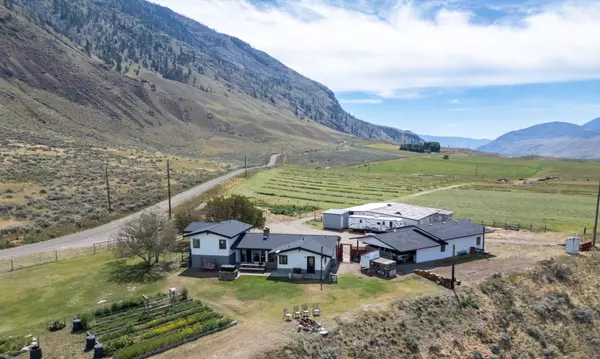
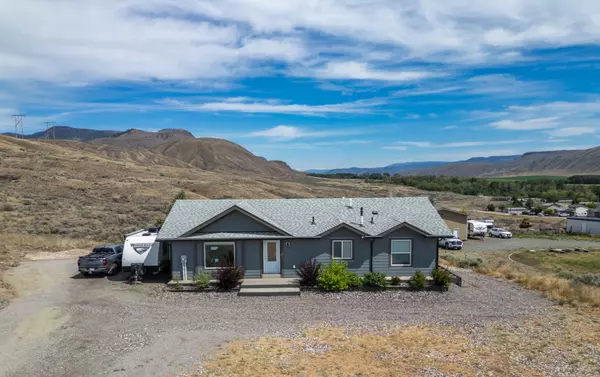
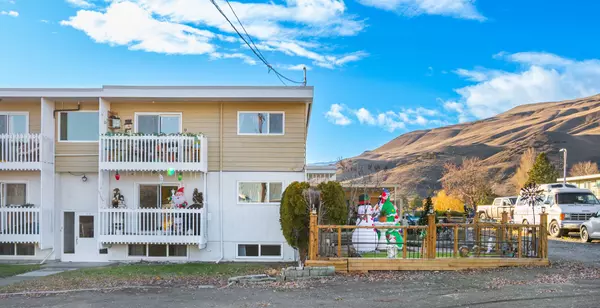
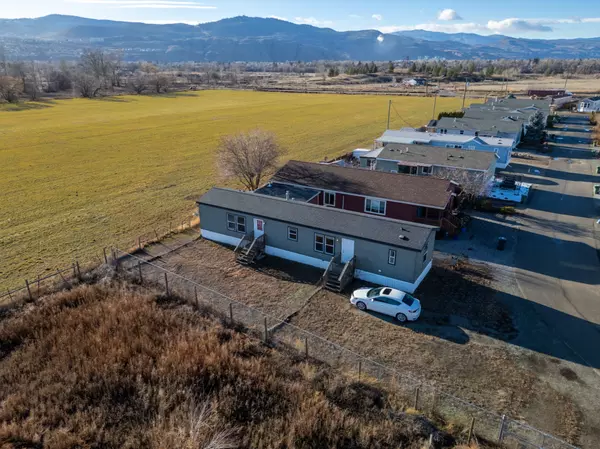
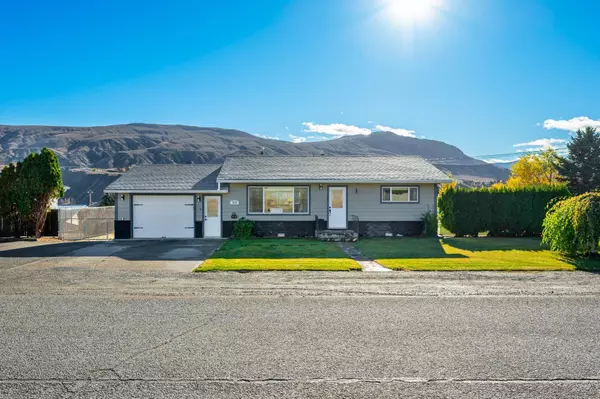





GET MORE INFORMATION

Kevin Scharfenberg
Personal Real Estate Corporation | License ID: 180491
Personal Real Estate Corporation License ID: 180491

